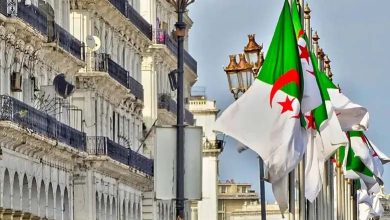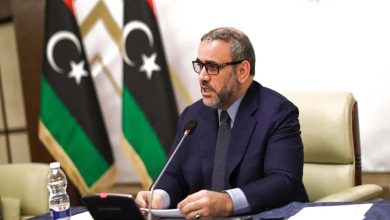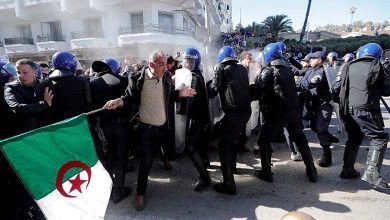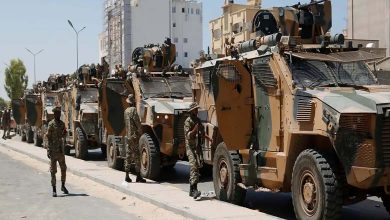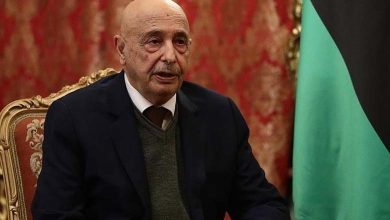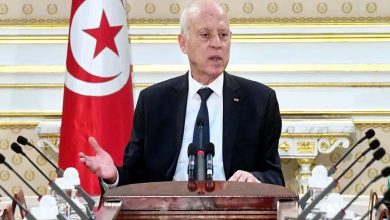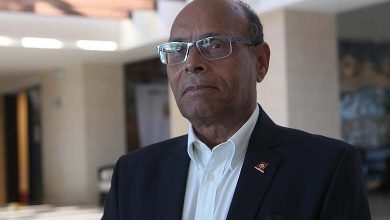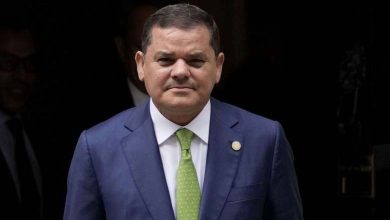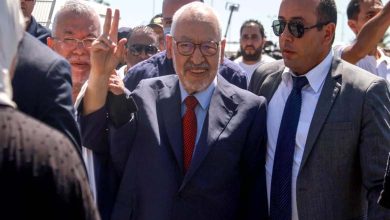Libya – Positive Signals from Dbeibeh and Aguila Salah to Overcome Political Deadlock
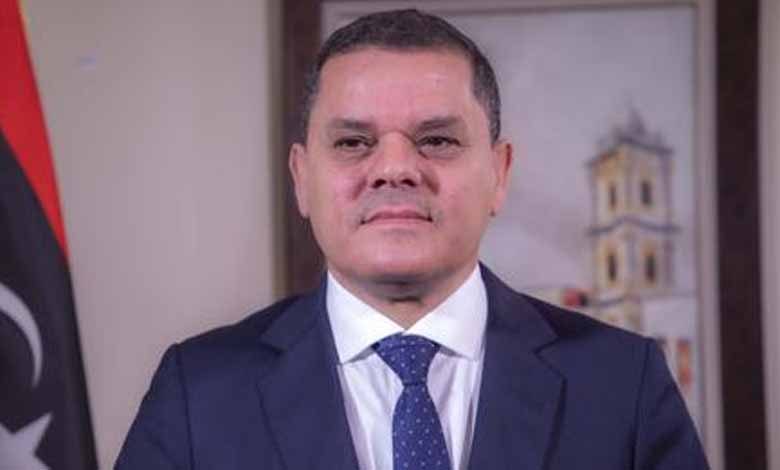
Libya’s Prime Minister Abdel Hamid Dbeibeh expressed on Tuesday his readiness to reach out to all without exception and overcome all differences and respond to any initiative that enhances confidence in securing the elections, in response to the statement of the Speaker of the Libyan House of Representatives Aguila Salah, in which he said that agreement will be reached with the High Council of State “in the next few days” to change the holders of sovereign posts in order to end the political deadlock.
“The political dialog and our agreement should only be focused on enhancing confidence in securing the electoral process”, Dbeibeh said. “We have no way but elections, and any subsequent dialog will only be about shouldering the responsibilities for the success of the electoral process”.
“What hampered the electoral process on December 24th was the flawed election law, and what is now holding it back is the same as the election law, which is directly accountable to the House of Representatives,” he said, in what appears to be an attempt by Dbeibeh to blame legislative institutions for the crisis at a time when his government is under fire for insisting on remaining in office.
Due to differences among official Libyan institutions over the election law and the role of the judiciary in the electoral process, it was not possible to hold elections on December 24 under a UN-sponsored plan.
“The current objects cannot represent the will of the Libyan people, and unfortunately everything these objects seek only extends to themselves by inventing parallel tracks that are rejected by the Libyan people,” he said.
The Libyan Prime Minister did not mention what he meant by the current bodies, but it is known that he disagrees with the House of Representatives and the High Council of State in some political views on the current situation, especially with regard to the holding of elections, especially since Dbeibeh proposed the holding of parliamentary elections before the presidential elections.
Last February, Dbeibeh presented a plan to organize parliamentary elections before the end of June and to refer the presidential elections to a later stage, which he called the “Restoring Trust to its People” initiative. However, it seems that he failed in the past to impose his agenda in light of rising political tension and the rejection of this initiative by many forces.
On the other hand, Aguila Salah said in a statement from the Egyptian capital Cairo, which was carried by his media office on his Facebook page, that “sovereign positions are basically institutions subordinate to the Council of Representatives, and they are the Council’s arms in monitoring the executive authority and the competence of appointing or dismissing their presidents is an inherent competence of the Council of Representatives.”
“However, the political agreement signed between the parties to the Libyan conflict under the auspices of the United Nations in 2015 provides for consultation with the State Council (a parliamentary consultative body), and it was agreed more than a year ago in the Moroccan city of Bouznika with the State Council to change the heads of sovereign posts, ” he said.
In January 2021, members of both chambers of parliament in Morocco discussed the mechanism of appointing by consensus holders of sovereign posts to unify Libya’s fractious institutions.
“The House of Representatives did its part according to that agreement, but the State Council has delayed its implementation so far,” Salah said.
“We recently met in Rabat with Head of the State Council Khalid al-Mishri and agreed to activate the Bouznika agreement,” he said, adding that “sovereign positions will be agreed upon within the next few days.”
On October 21st, following their meeting in the Moroccan capital, Salah and al-Mishri announced that they had reached an agreement on changing the holders of sovereign posts before the end of the year.
In accordance with the High Council of State, on September 15th, 2021, the House of Representatives appointed Abdullah Aburzizah as President of the Supreme Court to replace Mohamed Al-Hafi. On April 20th, 2021, Al-Siddiq Al-Sour was appointed as Deputy General of the country to replace Ibrahim Massoud.
On November 15th, the State Council announced the acceptance of candidacy applications for sovereign posts in five institutions: the governor of the Central Bank, its board of directors, the head and deputy of the Audit Bureau, the chairman and members of the Board of Directors of the Electoral Commission, the chairman and deputy chairman of the Administrative Control Board, and the chairman, deputy chairman and members of the Anti-Corruption Commission.
Uniting the country’s divided institutions is one path to resolving the crisis in Libya, in parallel with UN efforts to achieve consensus on a constitutional basis for elections but progress has been too slow.
Libya is in the throes of a political crisis, marked by a struggle between a parliament-appointed government headed by Fathi Bashagha and an internationally recognized government headed by Dbeibeh, who refuses to hand over power except to a government appointed by a new elected parliament.


